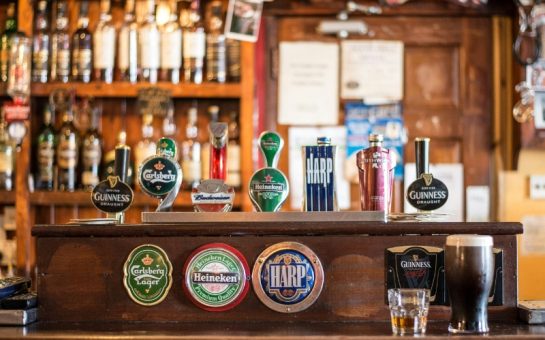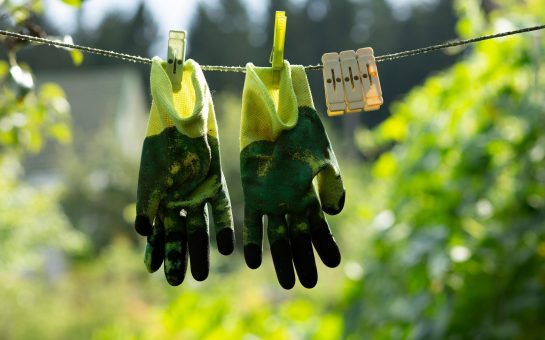Croydon has become the 100th town in the country to ban charity fundraising ‘chuggers’ from its streets for four days a week.
Alongside the time constraints the number of charities fundraising via direct debit in the town centre will be limited to just five.
The initiative was introduced with the aim of maintaining a sensible balance over the amount of direct debit fund raising that can be carried out in the town centre, while at the same time ensuring shoppers can go about their daily business without feeling pressured.
Croydon Business Improvement District’s (BID) chief executive Matthew Sims said: “In our 2014 survey of consumer perceptions of Croydon town centre, 59% of the 400 people surveyed said the issue of charity collectors out on the street required improving in the town centre.
Similarly, businesses identified this as a priority area for improving.
“We are pleased to be working with the Public Fundraising Regulatory Association (PFRA) in this way and we feel sure this will bring further improvement to people’s overall experience of the town centre.”
Peter Hills-Jones, PFRA chief executive said: “We are delighted that Croydon’s Business Improvement District has signed this Site Management Agreement (SMA) with the PFRA.
“It is an effective and balanced way of regulating fundraising on the High Street, allowing charities to raise money for good causes, but at the same time protecting the public.
“People complain that they often feel confronted when they are out shopping and agreements such as this ensure that fundraisers are sensitive to this in terms of where they position themselves and the number of days and people involved in fundraising.
“The agreement with Croydon is a major milestone for the PFRA, being the 100th that we have put in place and we’re confident that initiatives such as this will help ensure our public spaces are regarded as more welcoming, comfortable places by all who use them.”
Image courtesy of BBC via YouTube, with thanks




